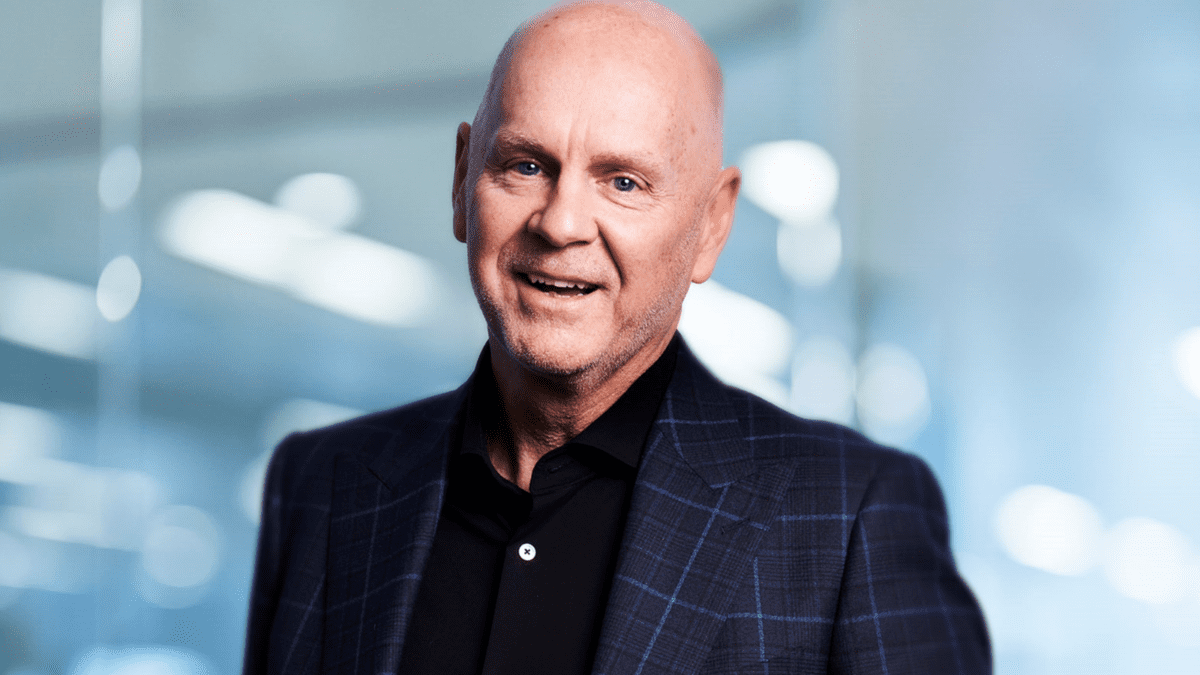This time it’s different: Scaling up the advice, not the distribution channels
The financial advice industry is consolidating as investors pour in amid the prospect of regulatory tailwinds, but the latest cycle of growth will take a different shape to those of the past according to stakeholders. Product distribution is no longer the primary driver, with the service of advice itself valued enough to carry practice profitability.
Of course, product distribution is still embedded within the business of financial advice; vertical integration remains legal, with the most prevalent form now being in-house model portfolios run through managed account-enabled investment platforms.
But with the banks out of advice (for now), and the two other non-bank outfits – AMP and Insignia – scaling back their enterprise, expansive product distribution programs are no longer ubiquitous.
Part of this is connected to a host of changes in the industry’s settings. Commissions are banned. Strict ethics and education standards have gone some way towards cleaning out the industry. The royal commission and a few years of ASIC’s lookback programs have also had their desired effect.
More importantly, the business of advice has become a lot more profitable on its own. Adviser ratings reports that the median advice fee has increased 40 per cent since 2018.
A new language
Encore Advisory director Tom Reddacliff, a consultant on advice business management, says advisers aren’t even talking about product any more.
“They’re interested in scaling up the advice, not the distribution,” he tells The Inside Adviser. “In previous cycles the scaling up occurred when banks wanted to achieve distribution of products and solutions. But in this cycle it’s about scaling the actual advice, figuring out ways to increase revenue per client by servicing more clients in a cost-effective way.”
Reddacliff (pictured) says the top-line discussion point for advisers during strategy sessions is now the salary to revenue ratio, which is a good indicator of how well a practice is scaling. “This is the stuff they’re talking about,” he adds. “When I bring this up everyone becomes animated.”
AZ Next Generation Advisory chief executive Paul Barrett says advisers don’t event talk about product anymore. “I cant remember the last time we talked about it. We just had a two day conference and it didn’t come up.”
More connected experience
Barrett, whose Italian-backed AZ NGA group partners with converged advice and accounting practices, is just one of many domestic and international players investing in the business of advice.
He says there are five major themes playing out in the sector at the moment: fragmentation in the wake of the banks’ exit, “real” technological innovation, corporatisation leading to scale, changes in supply and demand, and (“for the first time ever”) the regulatory shift from headwinds to tailwinds.
“It’s not just the Quality of Advice Review,” he says. “You go and talk to any major or medium-sized licensee and they’ll tell you they’re not under as much heat as they used to be.”
A further emerging trend that looks set to stay is the prevalence of converged models that combine advice with other professional services such as accounting, insurance and mortgage broking.
“If we truly mean it when we say we want to build a client-centric organisation you have no choice in the matter,” Barrett says. “Clients want to get their financial services in one place, and if your adviser and your accountant are in the same building it’s a much more connected experience.”
Reddacliff agrees, while acknowledging the challenges in creating a multi-disciplinary service provider.
“The multi-faceted businesses have attractive models,” he says. “But the thing is that accountants are German, financial planners are French and brokers are Spanish; they’re all from Europe but they speak a different language. It’s about getting them to cohesively work together as one.”










